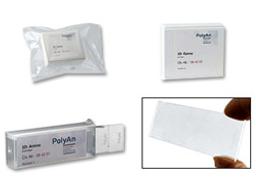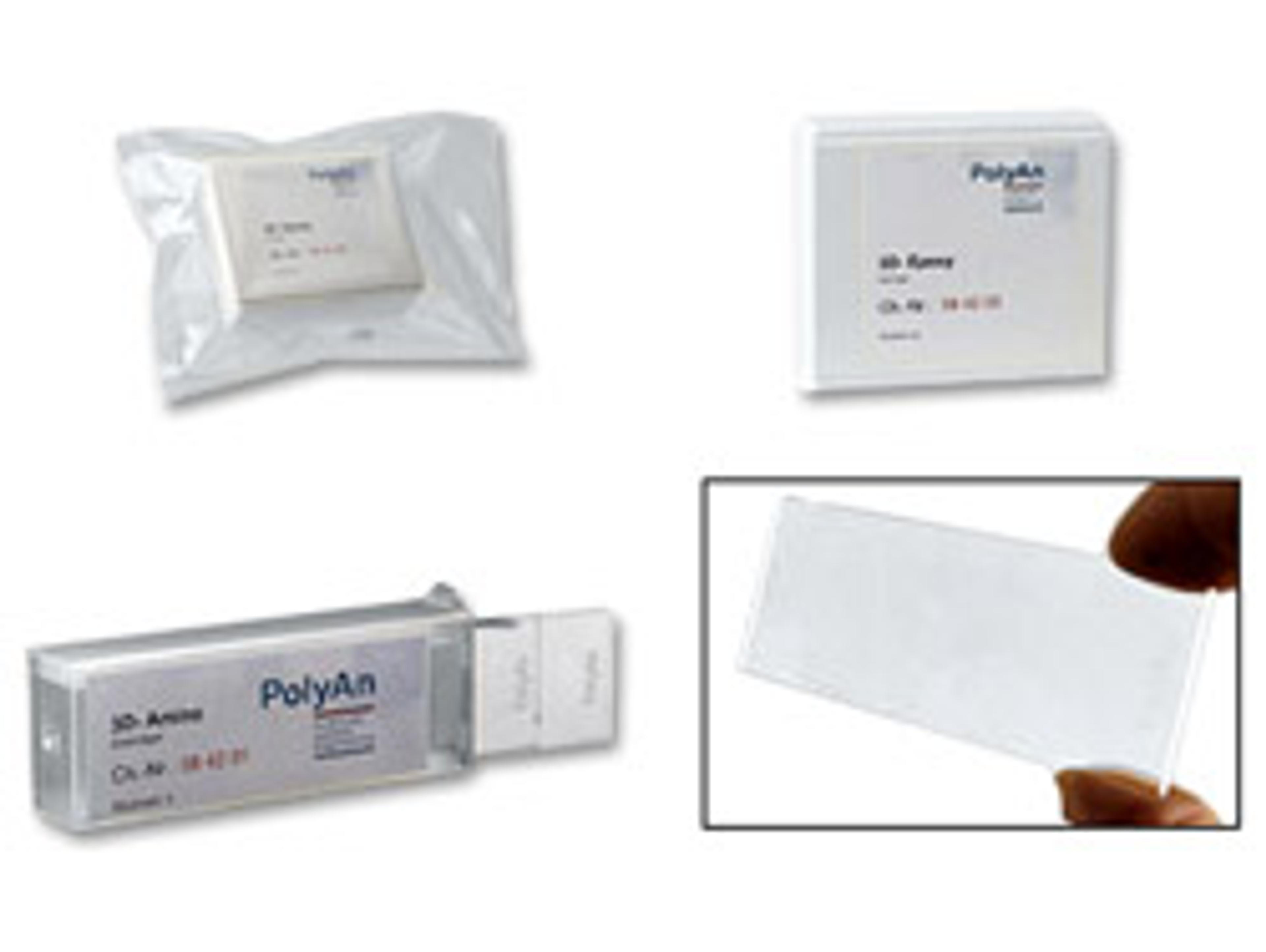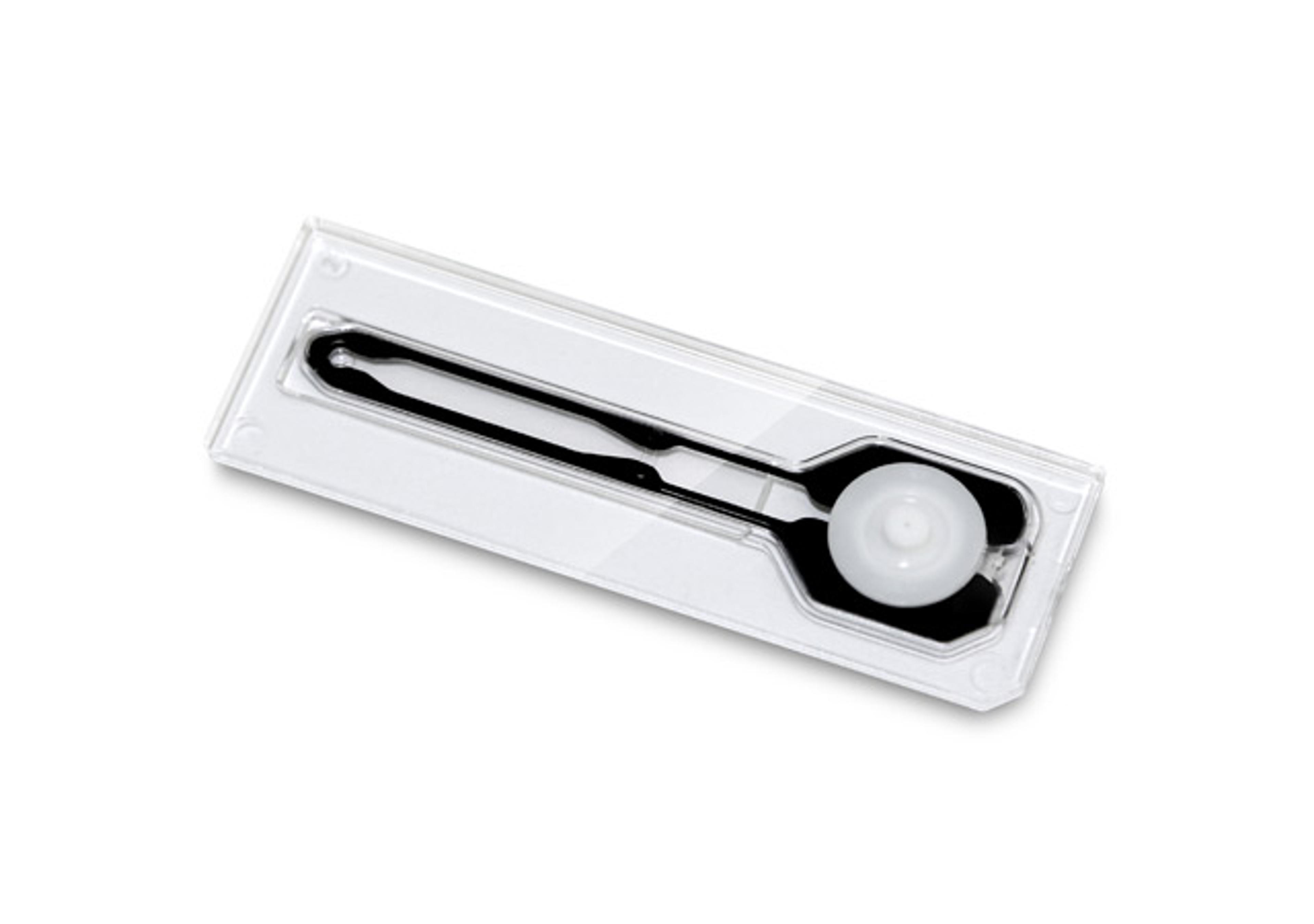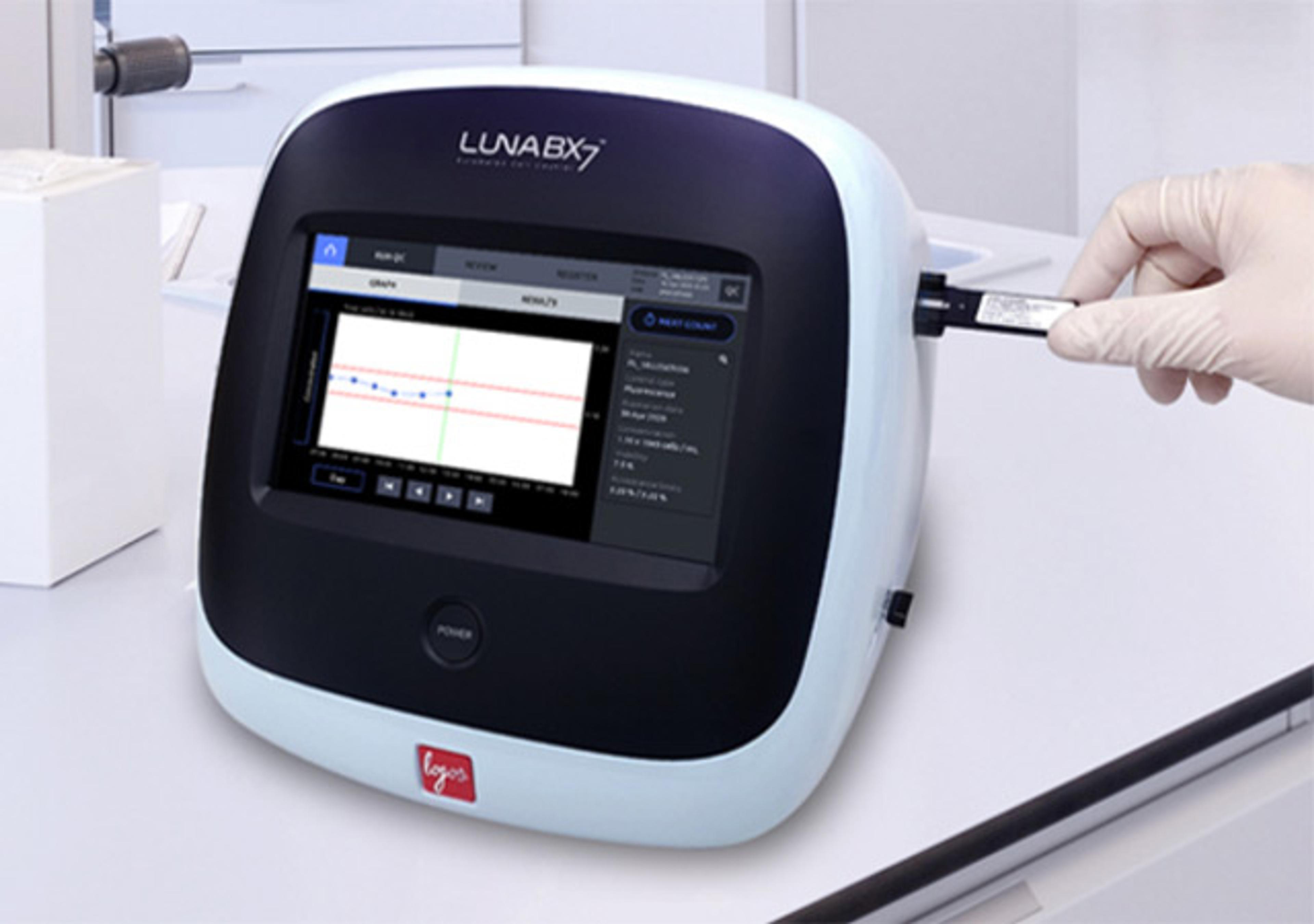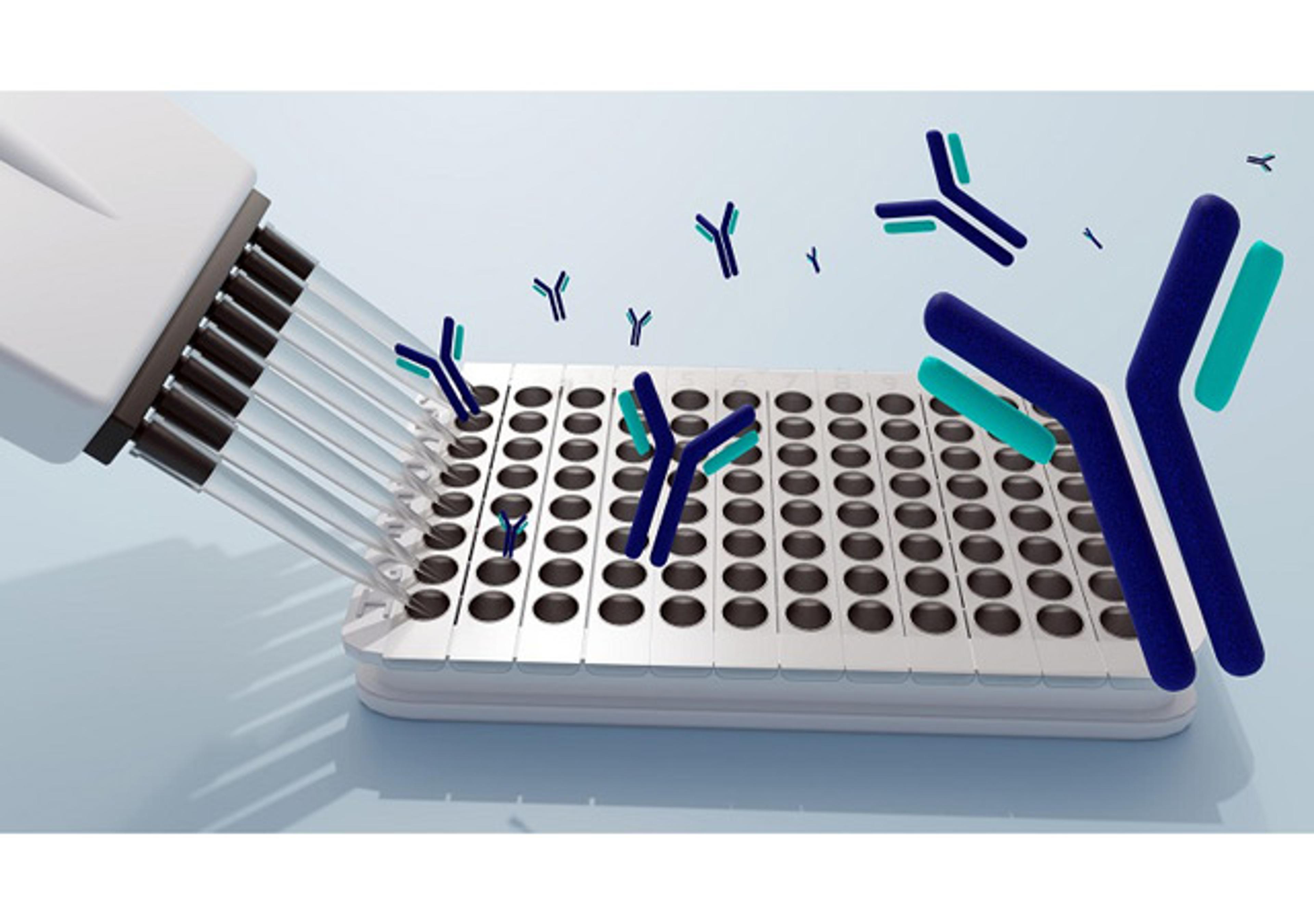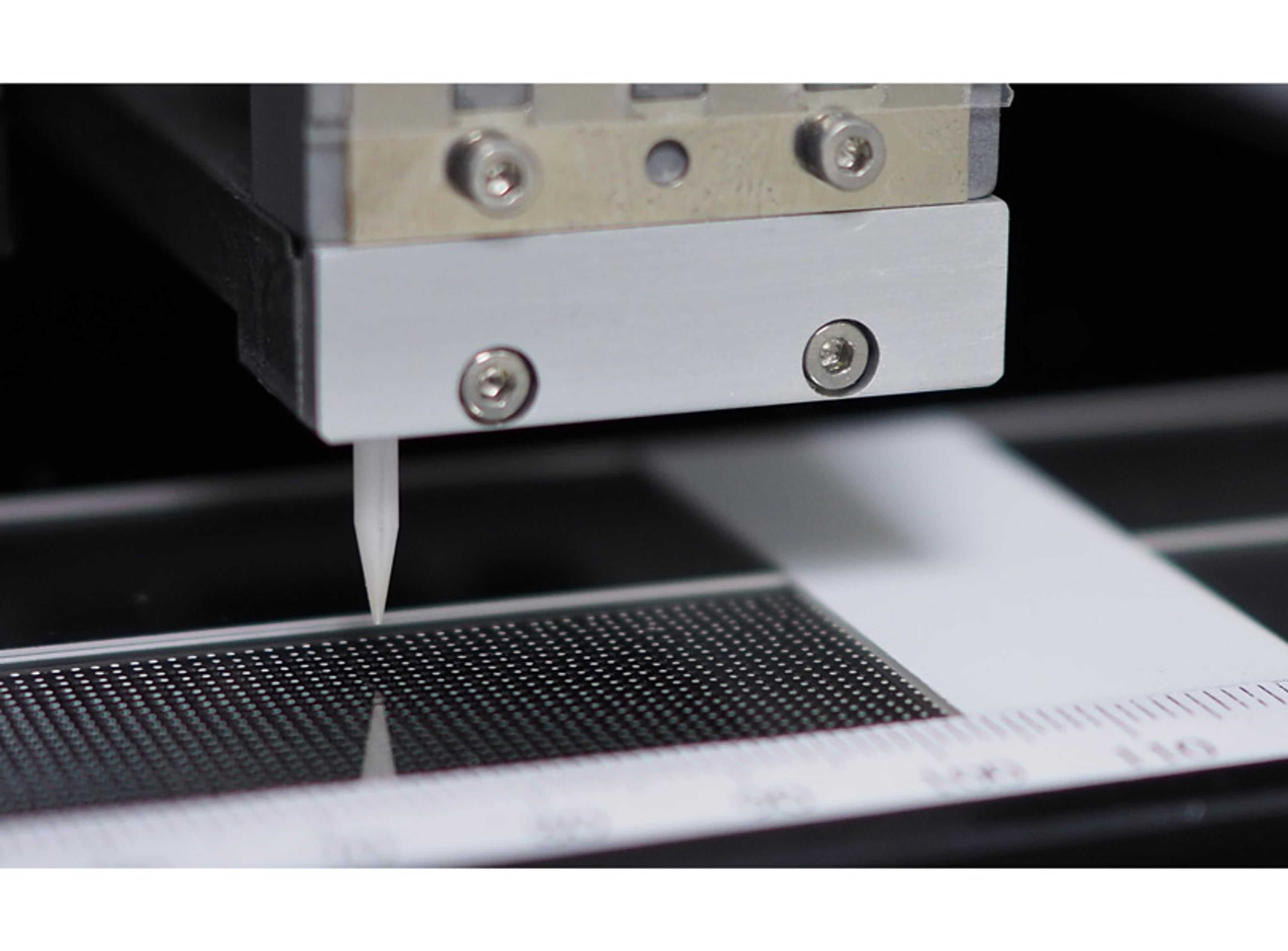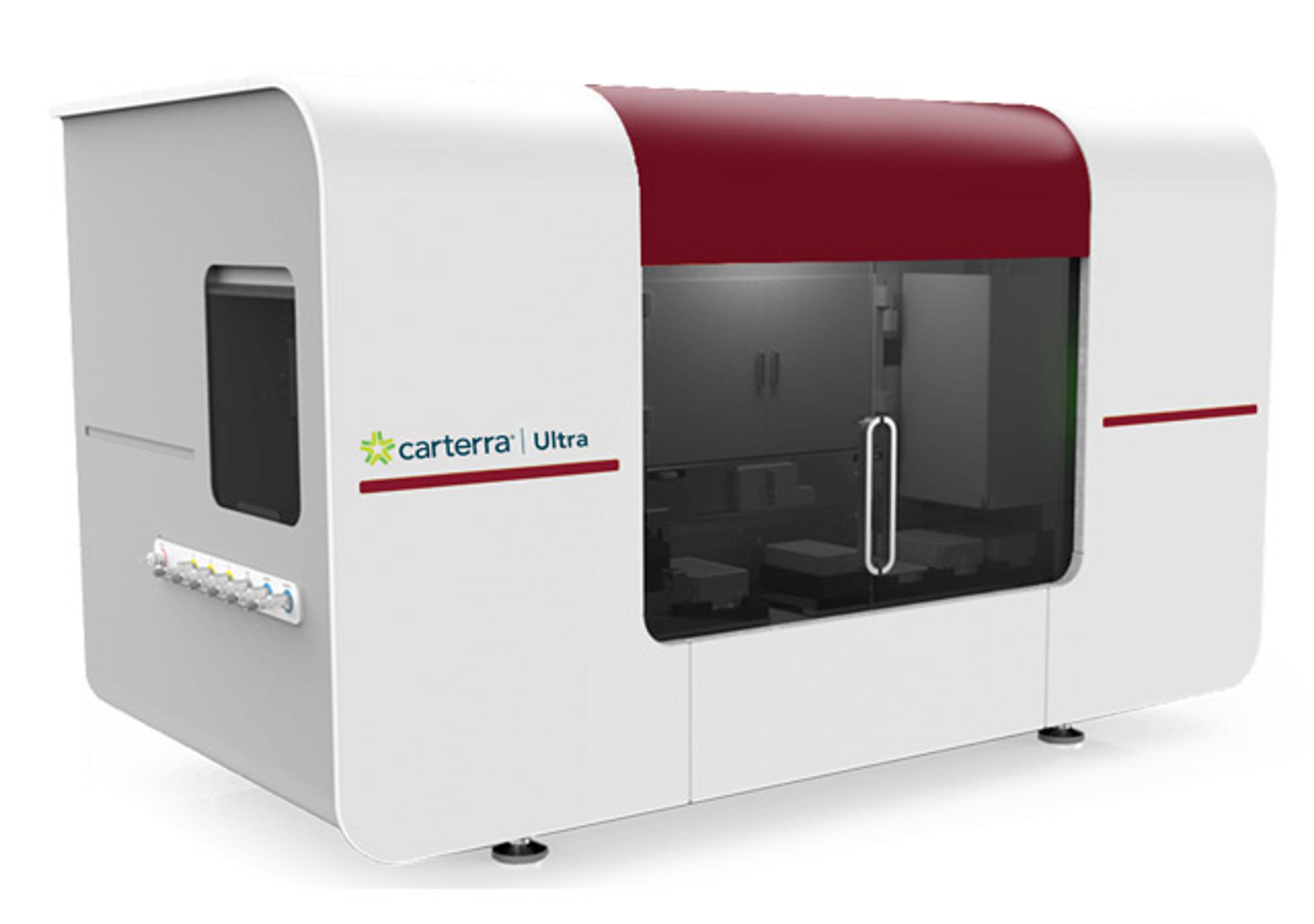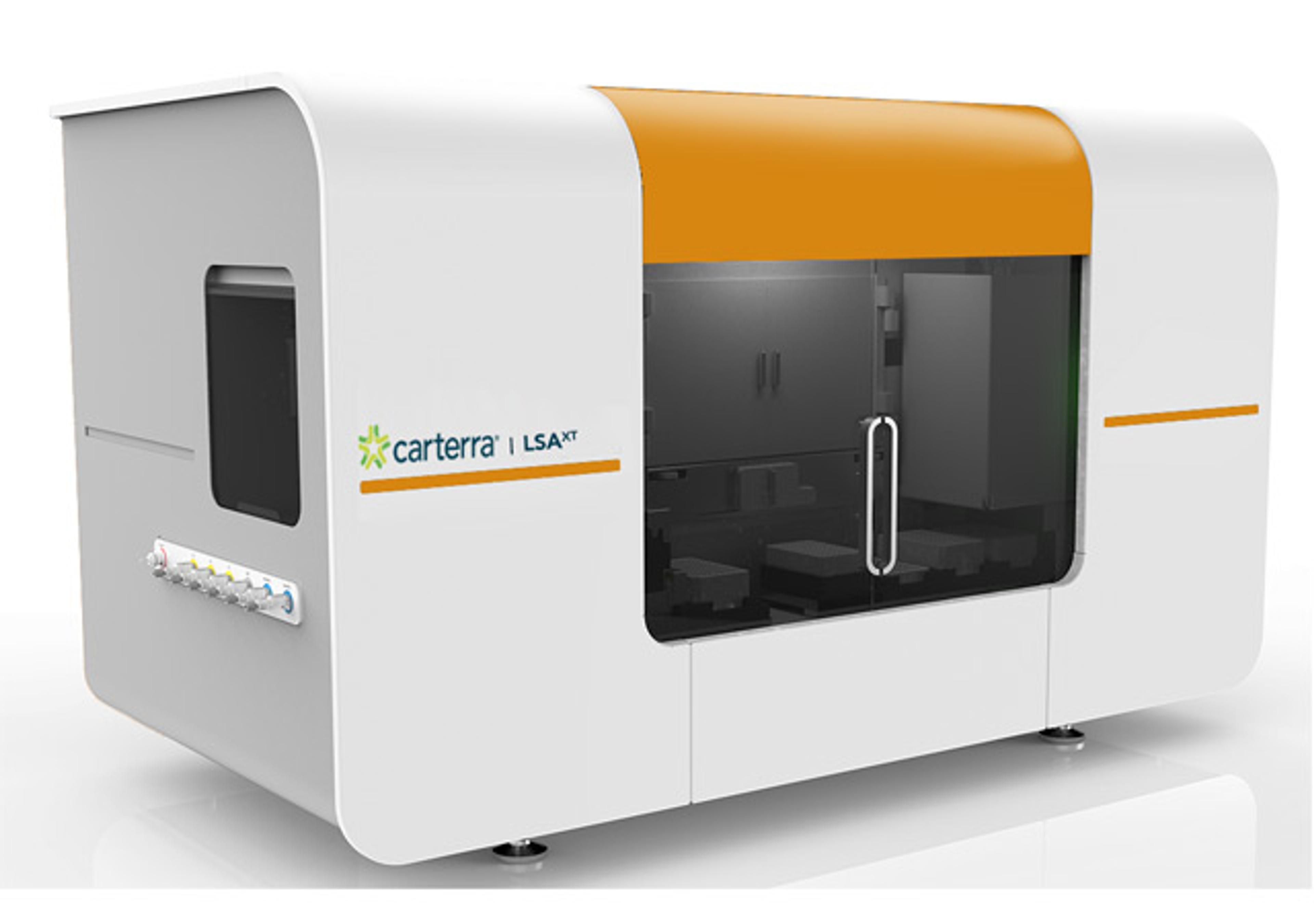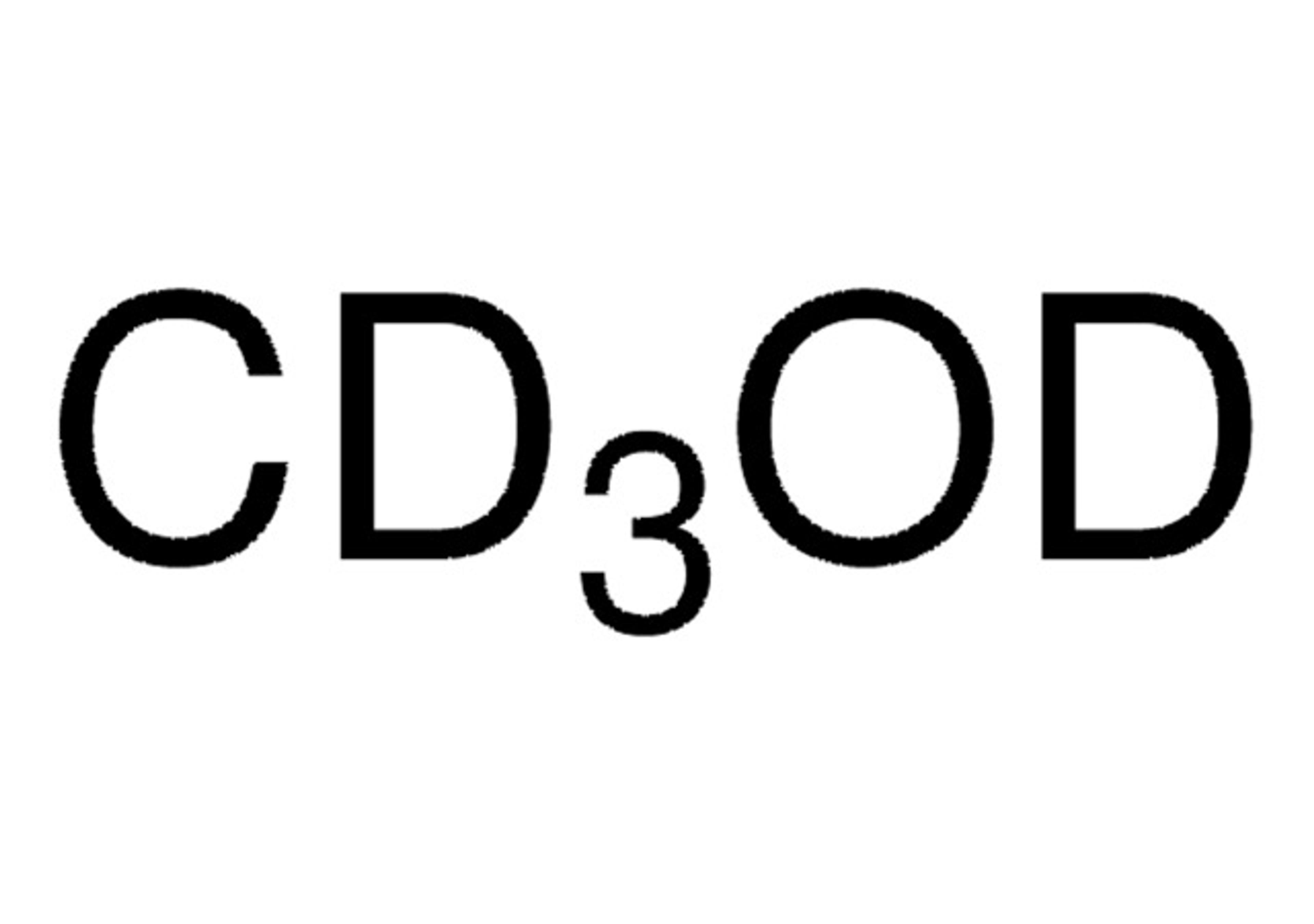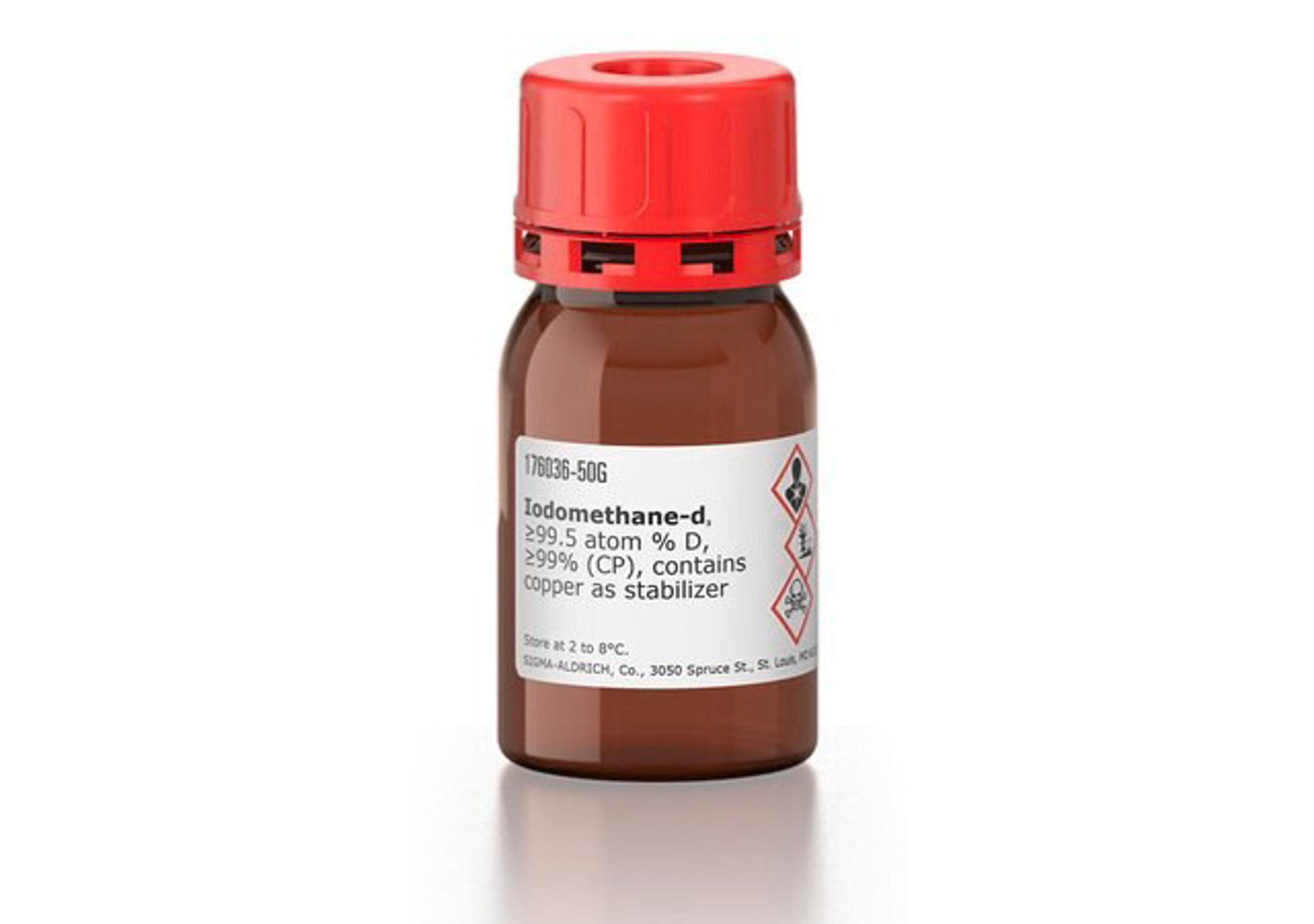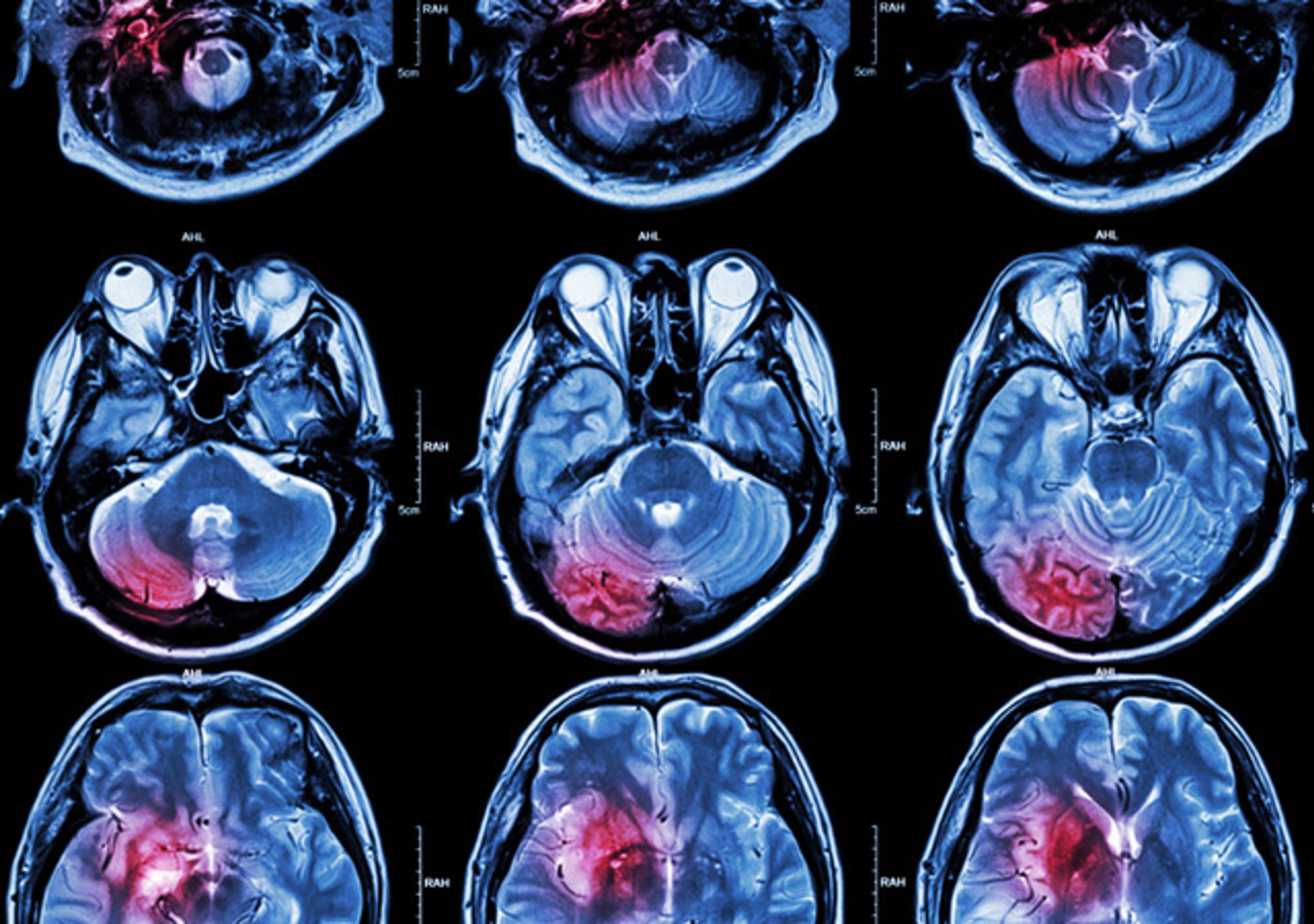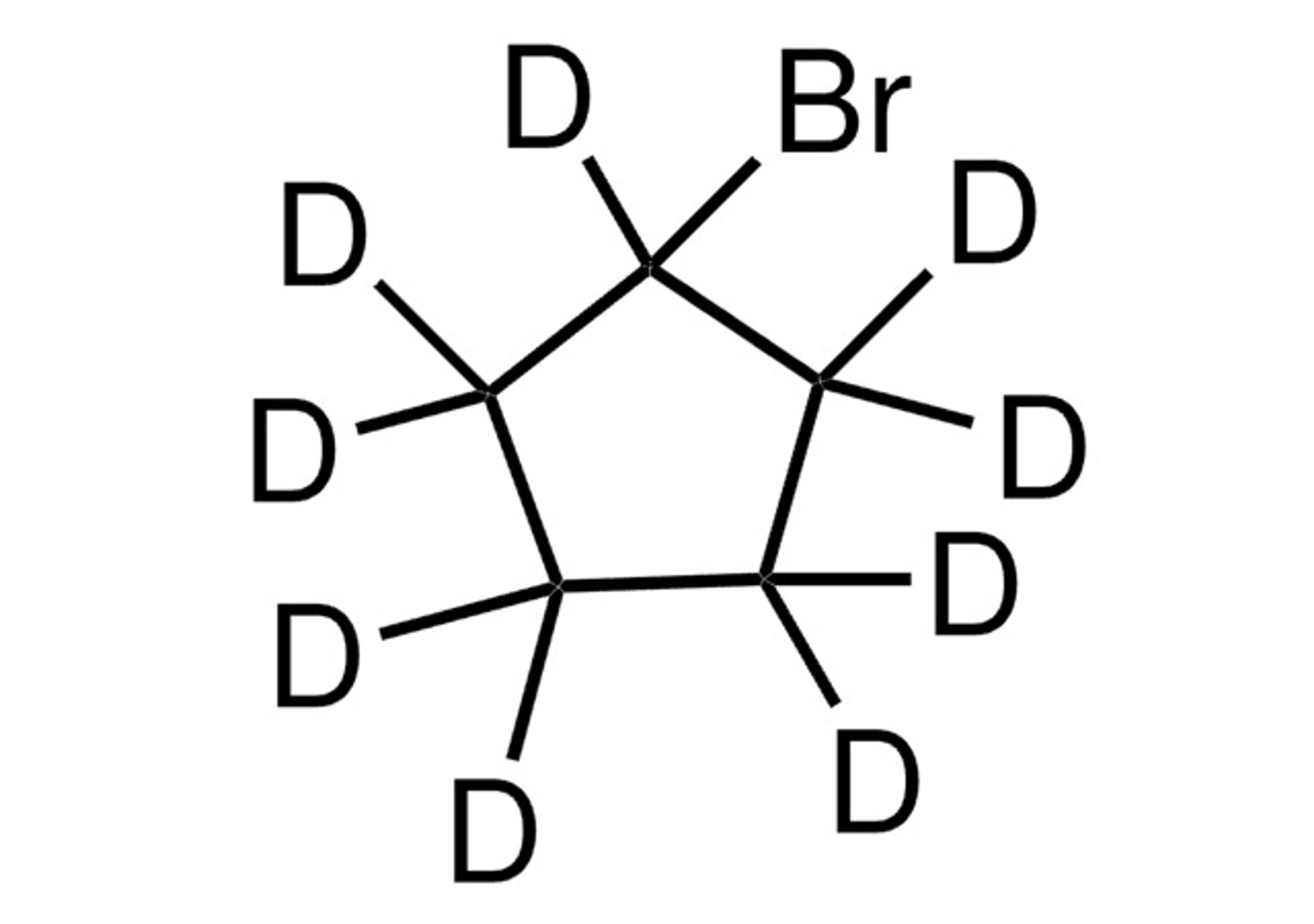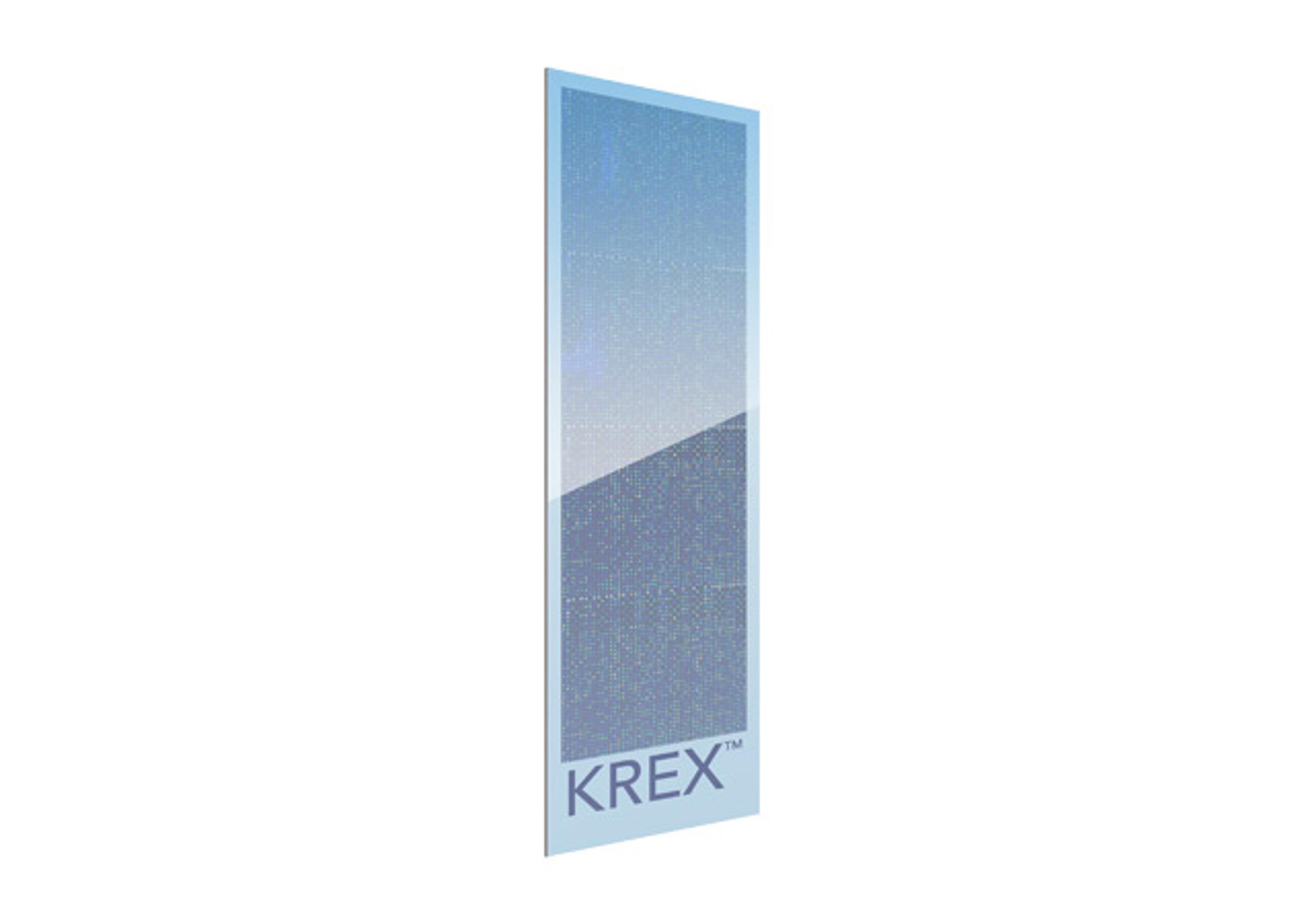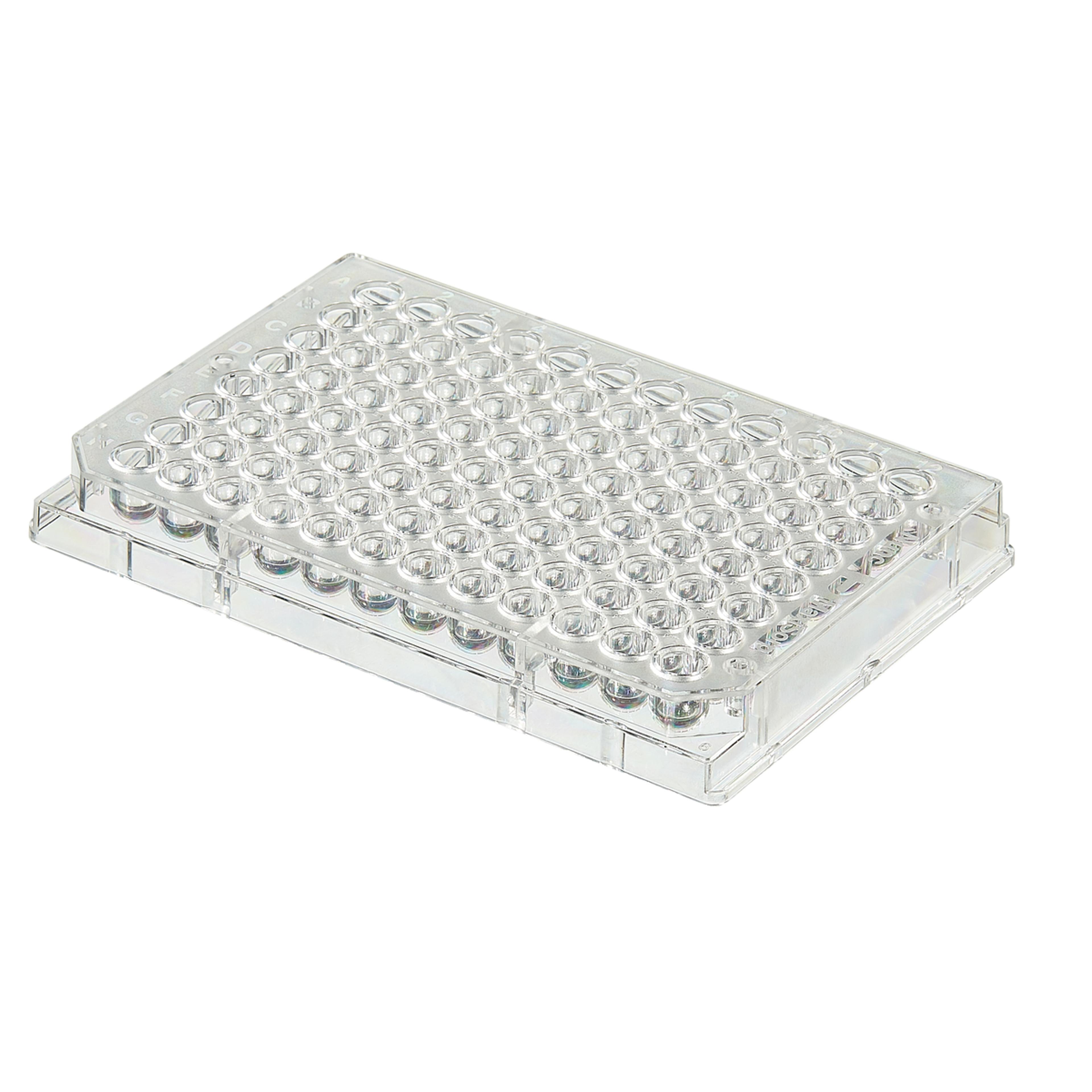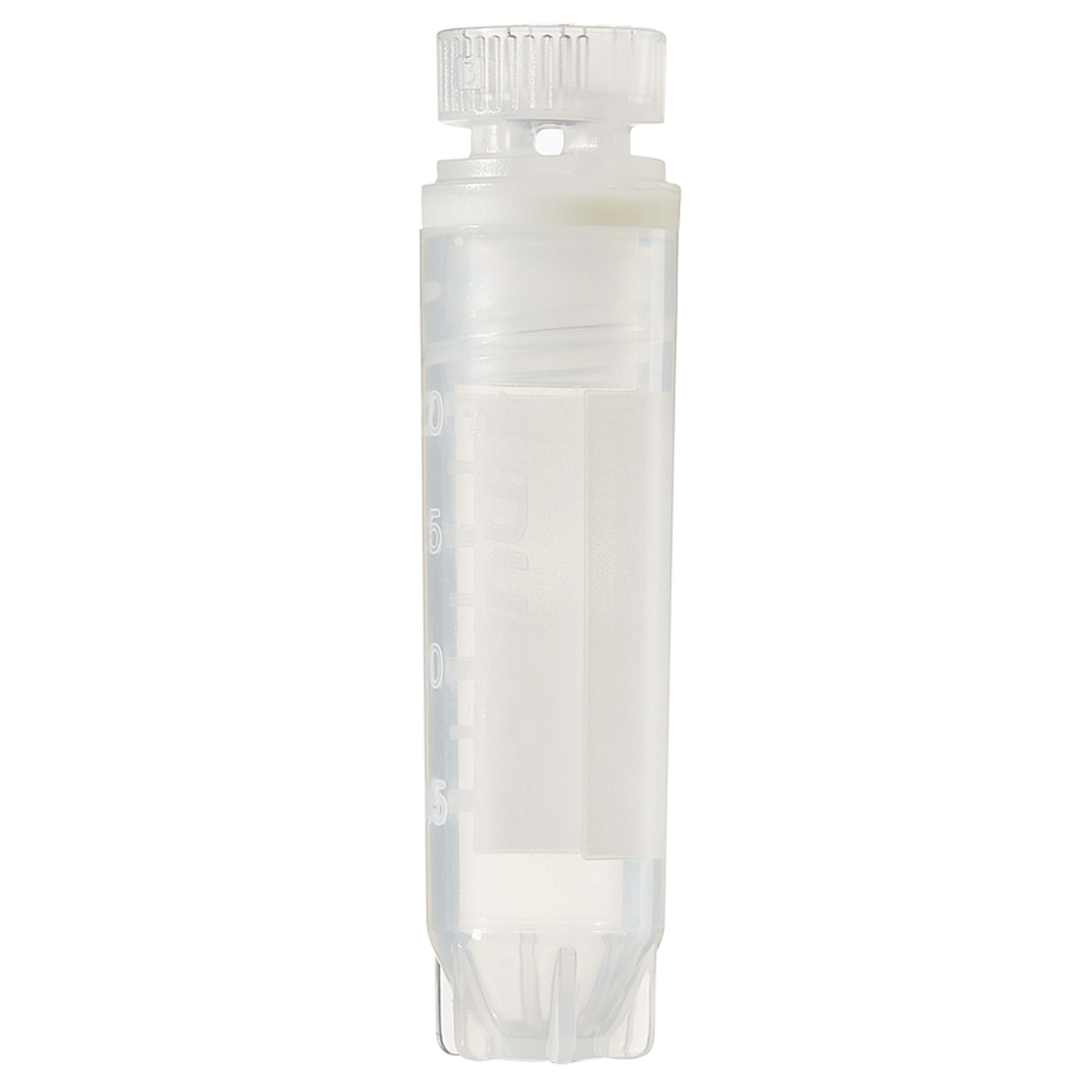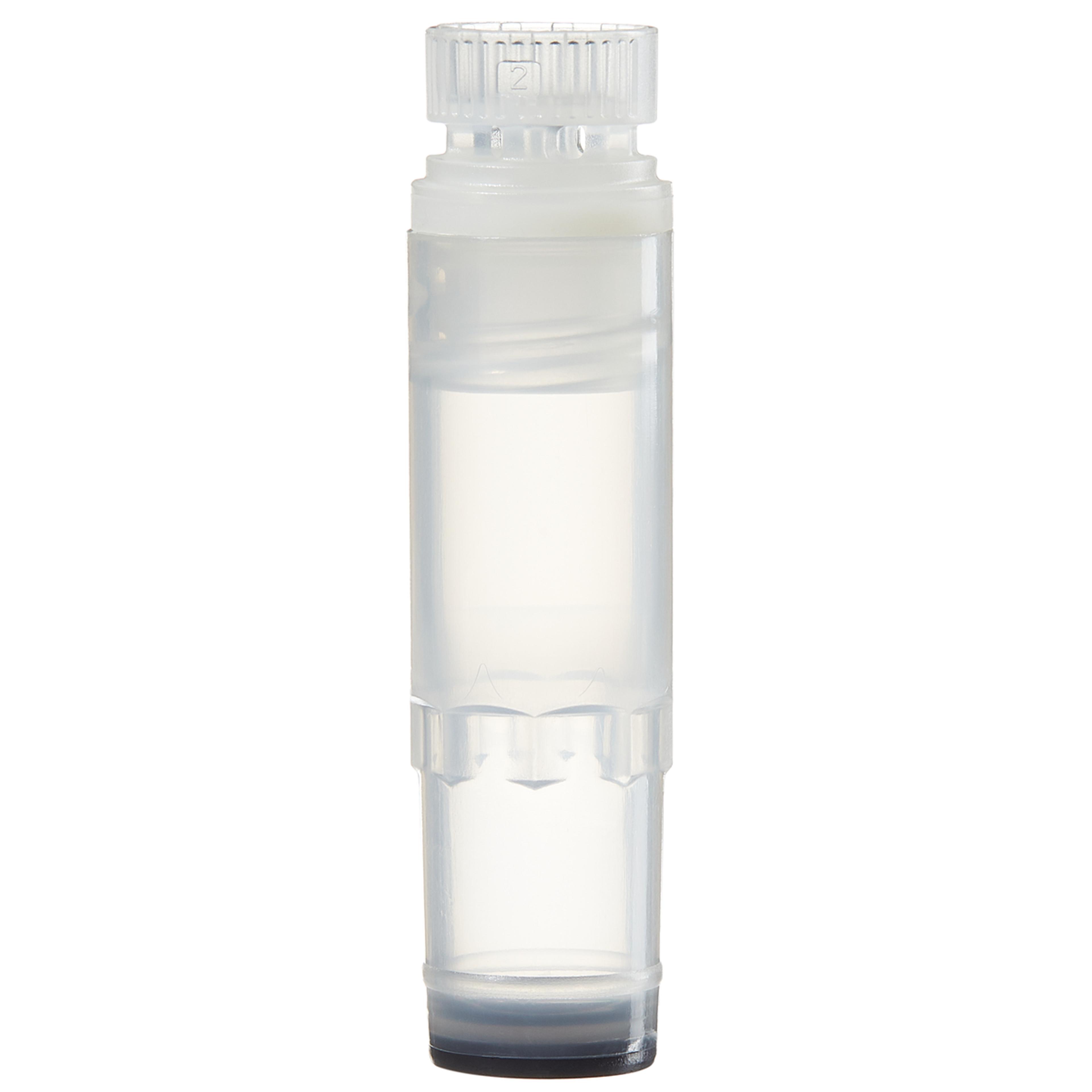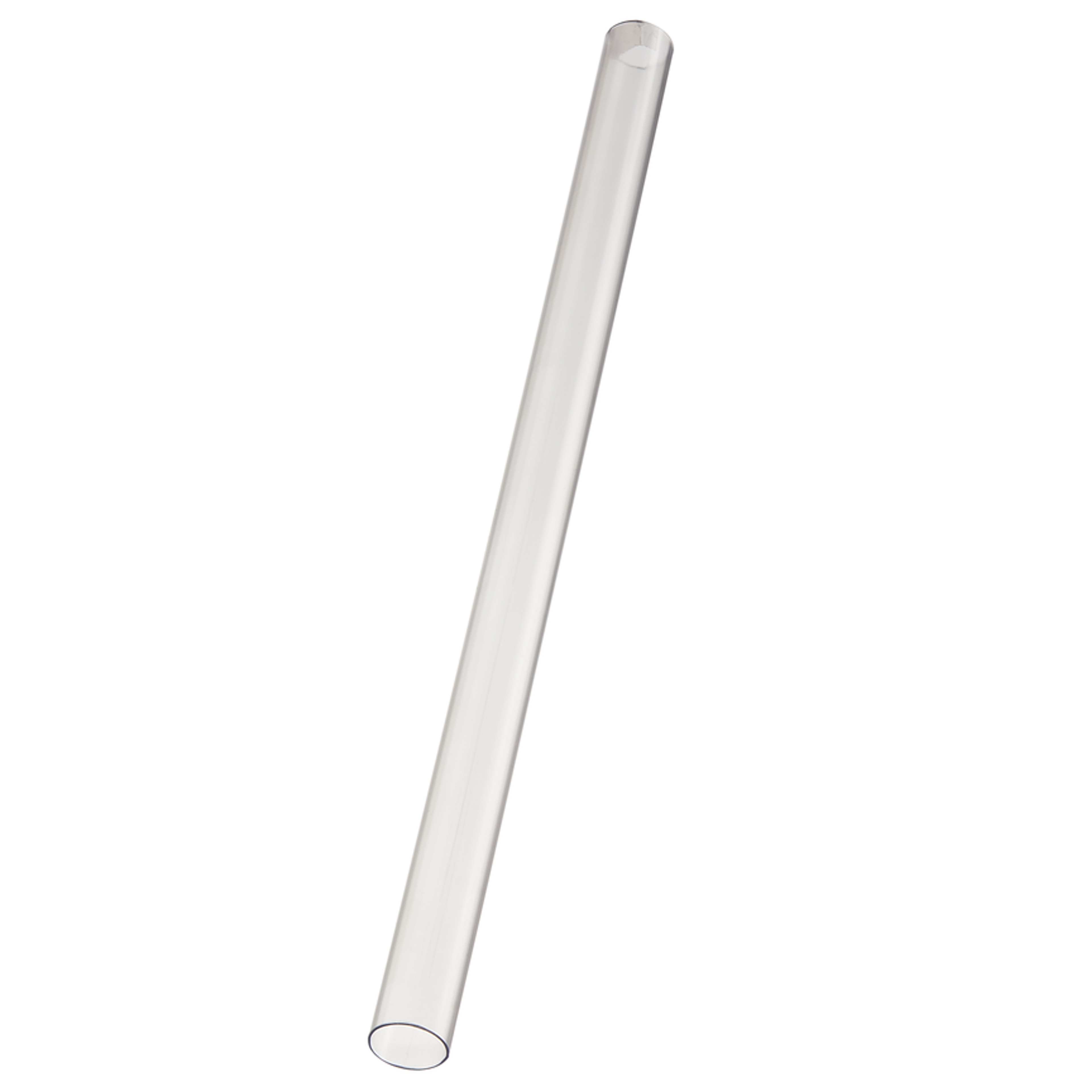Covalent coated Streptavidin glass slide (5 Slides/Box)
Functionalized Microarray Slides:PolyAn offers a range of functionalized Microarray Slides for immobilization of biomolecules such as nucleic acids (DNA), peptides, proteins, saccharides. Our high-quality functional materials are used for miniaturization of high-throughput screening and production of biochips and new products for the biotech and pharmaceutical industries. Additionally, we offer customized slides with a surface…

The supplier does not provide quotations for this product through SelectScience. You can search for similar products in our Product Directory.
Functionalized Microarray Slides:
PolyAn offers a range of functionalized Microarray Slides for immobilization of biomolecules such as nucleic acids (DNA), peptides, proteins, saccharides. Our high-quality functional materials are used for miniaturization of high-throughput screening and production of biochips and new products for the biotech and pharmaceutical industries.
Additionally, we offer customized slides with a surface modifcation that is tailored to your specific application.
PolyAn’s Microarray Slides are functionalized with a 3-D surface chemistry comprised of a long-chain polymer containing a defined number of reactive groups. This polymer is covalently linked to the surface of the slide.
Our MSE-technology gently binds the functional layer onto the surface without damaging the base substrate. The morphology of the functional surface and thus also the number of the reactive groups can be fine tuned within a narrow range. This yields a number of advantages:
Low fluorescence background
Covalent binding of functional layer on the substrate without changing the initial autofluorescence.
Low unspecific binding
Combination of reactive functional groups with PolyAn antifouling matrix.
Surfaces for all biomolecules
Tuneable surface hydrophilicity / hydrophobicity.
Uniform spot morphology
Narrow variation of surface properties e.g. contact angle. Homogeneous distribution of reactive groups.
Optimal density and high accessibility of reactive groups
Morphology and thickness of functional layer tailored to the application.


